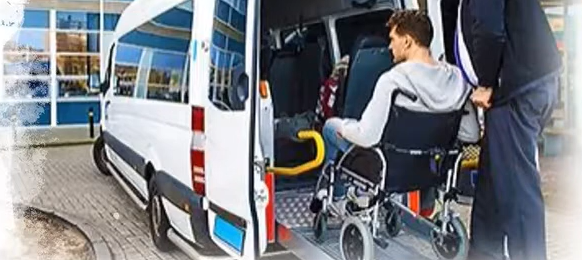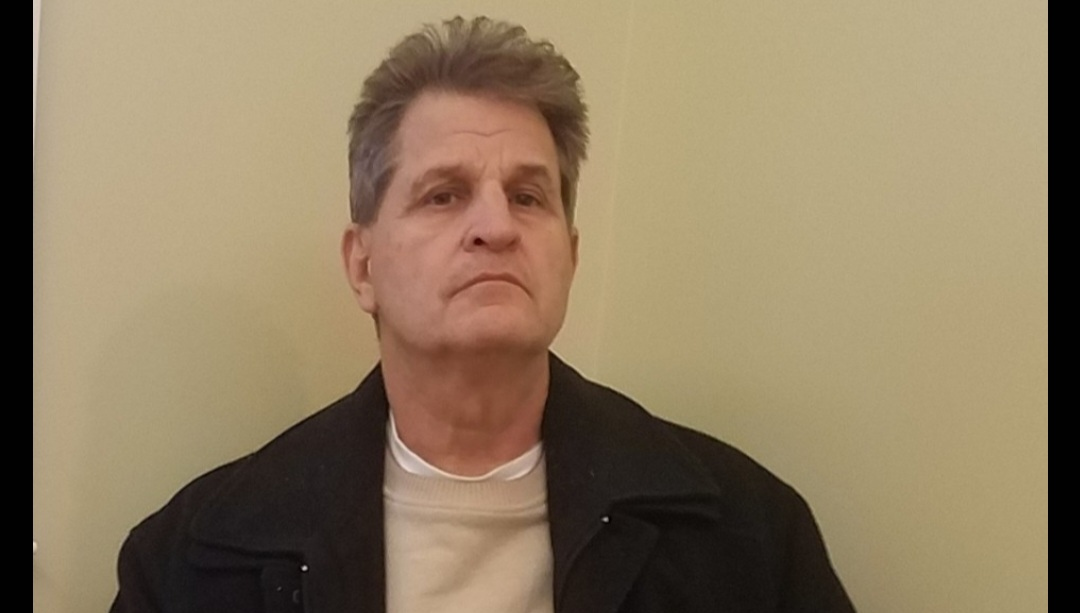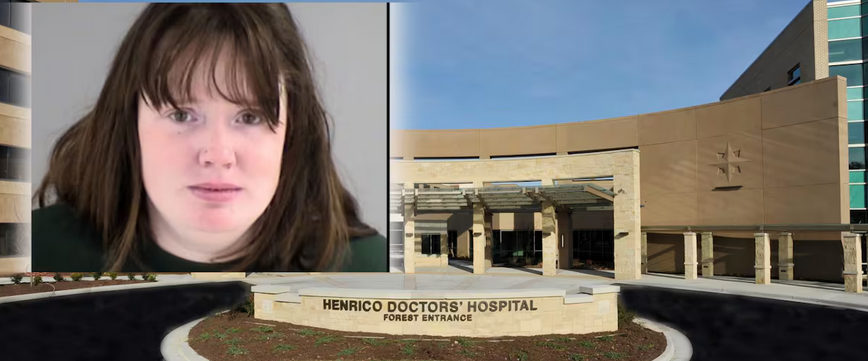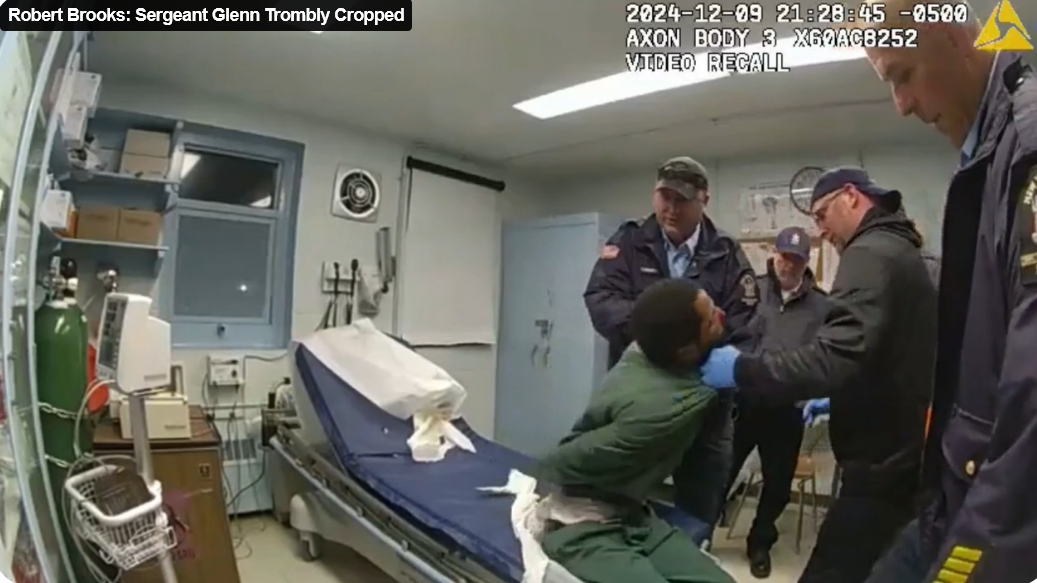Sep. 2 (GIN) – The family of Sheik Humarr Khan has set up a foundation in his name to help pay for the education of future medical workers and provide support to the families of doctors and nurses who lose their lives in the field, The Lancet, a medical magazine reported in a recent issue.
“He was very aware of the dangers of his work, but selflessly worked around the clock to ensure that patients received the best possible standard of care”, said Kristian Andersen, a postdoctoral researcher at Harvard University. “He saved the lives of many patients.”
Khan, virologist and expert in viral hemorrhagic fevers who led Sierra Leone’s Ebola response, died from Ebola in Kailahun, Sierra Leone, on July 29. He was 39.
He was born in Lungi, Sierra Leone, on March 6, 1975.
Humarr Khan’s brother Alhajie recalled how one day, before school exams, Sheik read the obituary of a German doctor who had come to Sierra Leone to help treat people with Lassa fever. He had contracted the disease and died.
Sheik, then 15 years old, said: “This is very important. This German doctor came here to help. I’m going to try to be a doctor as well.” He succeeded, qualifying in medicine and surgery from the University of Sierra Leone’s College of Medicine and Allied Health Sciences in 2001 and became one of West Africa’s leading virologists.
He was the Physician-in-Charge of Kenema Government Hospital’s Lassa Fever Program when he died.
When asked by the government to help lead the country’s Ebola outbreak, Alhajie Khan said his brother was not scared of the assignment. “He was just doing the work he always wanted to do.”
In July, Khan began to show symptoms of Ebola and a week later he was admitted to a treatment center. Some controversy has surrounded his death because of news that a team of doctors opted not to give Khan an untested, experimental Ebola drug. His medical team from Médecins Sans Frontières determined that the risks of administering the drug outweighed any potential benefit. Their decision came weeks before the World Health Organization decided it was ethical to use unproven interventions in the outbreak.
After Khan died on July 29, Sierra Leone’s President Ernest Bai Koroma declared him a national hero and praised him for saving the lives of more than 100 Ebola patients. A new viral hemorrhagic centre in Kenema will be named in Khan’s honor. w/pix of S. Humarr Khan








